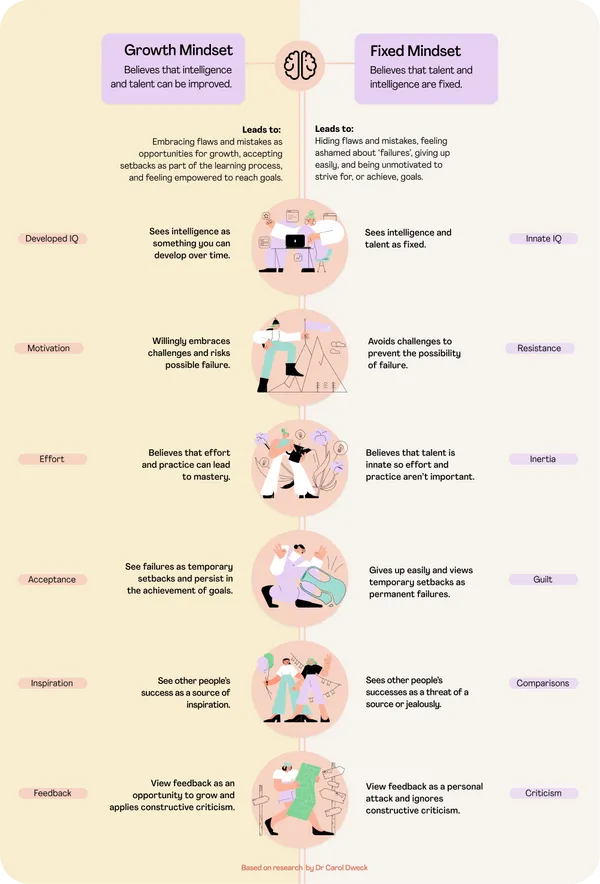Know Your Why and How to Develop It
This blog post is associated with episode 15 of the podcast with KoDoRiN.
“Why?”
“What’s the point of doing this?”
“I put in so much time and effort into this, but what’s the point?”
“I don’t know why I bother.”
“Whatever, this is a waste of time.”
I dare to say that all of us have had these thoughts running from time to time and on varying levels and degrees. We might start a project or new adventure in an excited and motivated manner, but over time, it may drag out or the results we were hoping to see haven’t surfaced yet. It could be that we might be burnt out, our priorities or interests have changed, or we’re just bored of what we’re doing. Things might become routine or a drag, things aren’t changing for the better, or we’re tired. There are many instances that can cause us to feel stranded, lost, or at a stand-still.

Going back to my favourite analogy of mental health is a muscle, it also means that it takes time to build it and that means actively working on it despite challenges or setbacks. Throughout the podcast episode, John and I highlighted two key points on how to develop a tangible and strong “why”:
Do you have a plan in mind for what you’re doing? For example, when I was planning out my podcast, it was important for me to have a clear goal and purpose behind the show. If I started it with no purpose or “why,” it would not survive and I would feel lost and overwhelmed. It’s also okay to re-evaluate your why as it can constantly change and may need to be adjusted. More on intention setting can be found here.
John is a pro-SSBM player and he measures his growth by his wins, moves used, and most importantly, how he learns and adapts to difficult matches. Being results-oriented is one way to measure growth and success but it can also be toxic because when you don’t get the results you want, you can easily feel discouraged and focusing on that instead of your process.
You could ask yourself...
What impacts your results? For example, if you’re sick on an exam day and you don’t perform the way you intended or practiced, it might not be an accurate representation of your skillset or ability. It’s okay to have bad days.
Carol Dweck wrote about growth versus a fixed mindset, where the former focuses on improvement and learning through constant development. A growth mindset recognizes that there will be setbacks and it is a normal part of our learning, but the resilience or ability to bounce back is an indication of increased motivation and drive to want to continue improving and developing ourselves. It can be easy to fall into a fixed mindset because it’s easier, requires less effort, and it’s comfortable.
